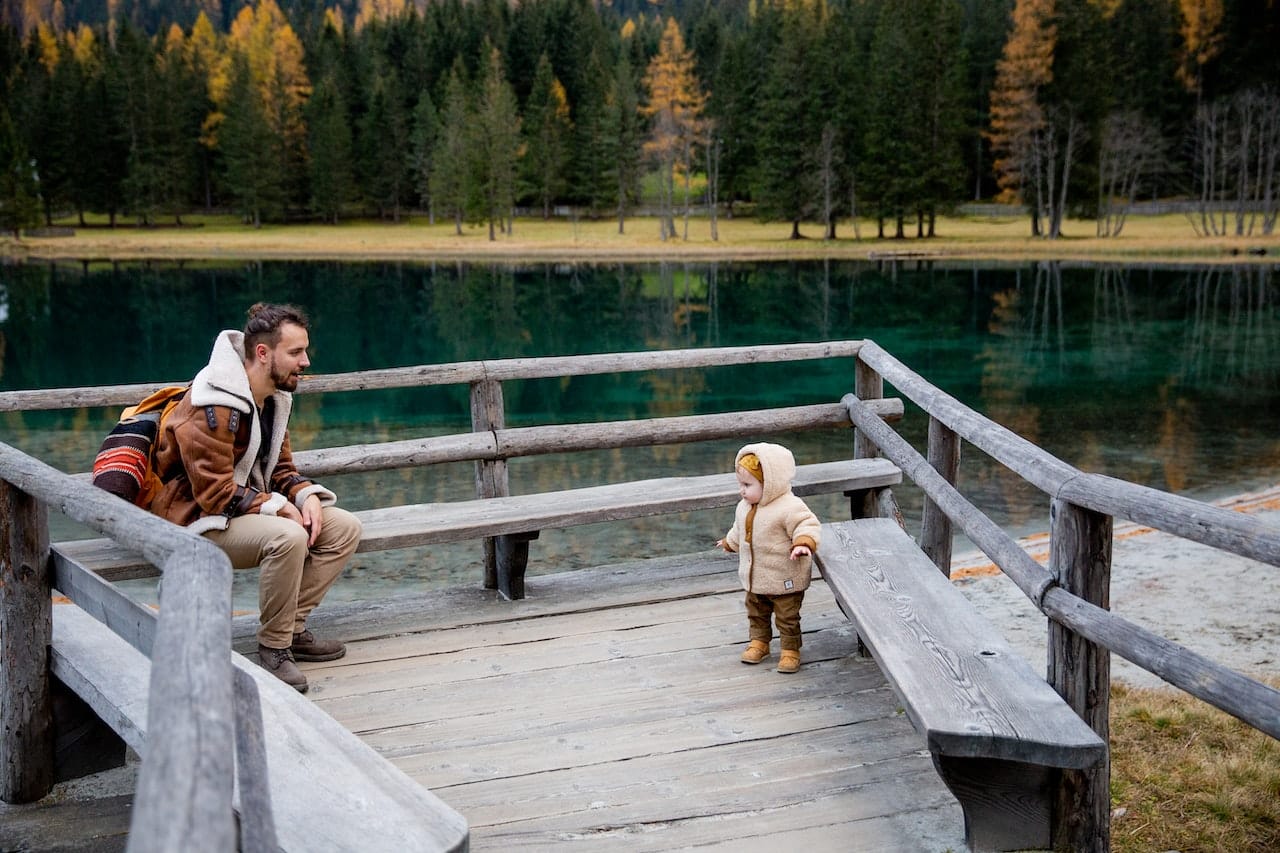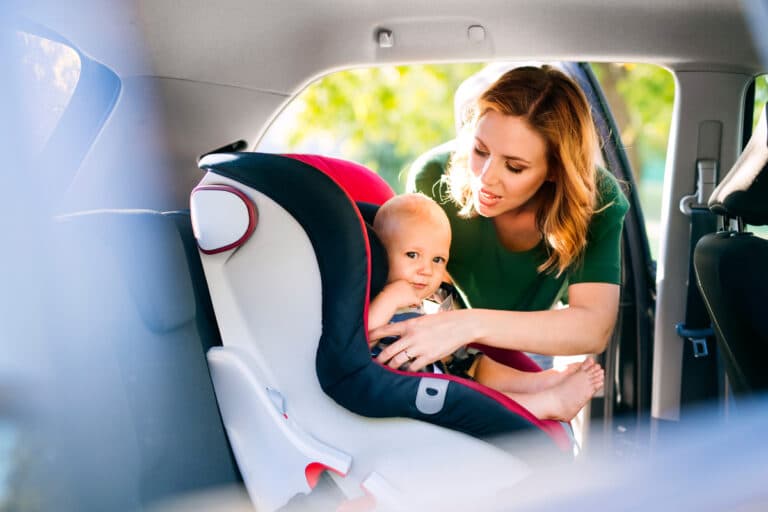A child is one of the greatest joys of every parent. They’re a bundle of joy and cuteness. However, children also go through stages of development and change, which tends to be hard on some parents.
Usually, this happens in the toddler years. The toddler years have been used to refer to the time parents experience rapid shifts of behaviors, an outburst of emotions, and changes in the mood of their young ones. During this time, balancing a good relationship with them while disciplining them could be hard.
But the good news is it’s possible to start creating changes and establish better ways to discipline your child, understand them, and build healthier bonds with them. Thus, here are five ways how you could build a better relationship with your toddler.
In This Article
At ages two to three, your child might show various feelings and start tantrums as they don’t yet know how to manage their emotions when learning new skills, making it hard to try and connect with them. Thus, do activities essential to their development and help release their frustrations, like talking or engaging in pretend plays.
Pretend plays are beneficial as they allow your child to develop problem-solving skills and make sense of what they have observed in their surroundings. It also makes their imagination active, and playing with them could help them build better self-esteem and improve their relationship.
At some point, your child will reach a point where they’ll be interested in adding things in their playtime with the items they observe in their surroundings, so adding a few toys is a great way to make it more exciting. But ensure you buy toys suitable for their age range to prevent accidents.
According to the U.S. Consumer Product Safety Commission and National SAFE KIDS Campaign, there are approximately 217,000 children sent to the hospital due to toy-related injuries like choking. Thus, strict regulations in toy manufacturing have been imposed to reduce the number of incidents.
Similarly, in Australia, accidental injuries are the main cause of death among Australian babies and toddlers. Statistics reveal that there are approximately 350 children that die each year due to unintentional accidents for reasons like lack of parental supervision or low-quality materials used in toys.
Thus, ensure to only buy from shops that sell high-quality educational toys and materials for toddlers and are certified to operate. Throughout the succeeding years, if your child shows interest in collecting toys, finding new hobbies, or for past-time, try to check in with a Sydney, Brisbane, Perth, or Newcastle hobby shop to have a vast array of hobby supplies and entertainment.
2. Be Present
Being present means trying to be as attentive as possible to your child’s needs. Although everyone needs attention, providing it to children, especially in their developmental years, is far more important as it helps them establish the social and cognitive skills they need.
Also, being present helps children to understand themselves more as they know they can depend on someone whenever needed, and they wouldn’t be afraid to take risks. But there are also times when ignoring your toddler could be beneficial, but it’s recommended to do it only sometimes.
Ignoring them, especially when they misbehave or disobey you, is a great way to reduce the likelihood of bad behavior reoccurring. Remember that children love attention, and if you correct them and provide attention even if they misbehave, it may seem rewarding to them. Thus, always know when it’s right to reinforce behavior and when it’s time to step back and provide them a little space for realization.
3. Eat Family Meals Together
Eating together isn’t limited to the benefit of nutrition, but it’s also a great bonding time to form relationships with your children. Sitting at the dining table with your whole family allows your toddler to familiarize their immediate family members and improve parent-child relationships as you provide them with a sense of connectedness.
Mealtime conversations also allow your child to improve their literacy and conversational skills. Although toddlers aren’t expected yet to be excellently fluent in speaking, it’s a great way to help boost their vocabulary and learn through observation.
4. Set Healthy Boundaries
Children aren’t born to know all the good and bad behaviors. They’d need guidance and attention to identify what to do and not to do, and the best way to establish this is to set healthy boundaries. Although still a toddler, your child could understand if you appreciate what they did or not through your facial expression, tone of voice, and gestures.
So, talking to them isn’t a waste of energy as they also try to process what you’re trying to convey. Whenever they break the rules, provide them with consistent consequences that are appropriate for their age, like a “time out” or taking away their toy. Once you’ve communicated what they did wrong, try explaining what happened so they’d understand where they went wrong.
5. Empathize With Them
If you want your child to learn how not to be insensitive to other people, take time to empathize with them. Some parents act like they’re listening to their children without expressing that they have understood whatever they need help with. Thus, when your toddler runs to you for attention, help, or play, try to view things from your child’s perspective and comfort them. Through this, your child will not only develop a relationship with you, but they will trust you even more.
Final Thoughts
Parenting is always a matter of sacrifice, discipline, understanding, love, and care, all invested in a person you love with all your heart; your children. That said, establishing a relationship founded on love, affection, and understanding is a must in creating a strong and long-lasting bond. Thus, take the tips above to help build better relationships with your toddler.











